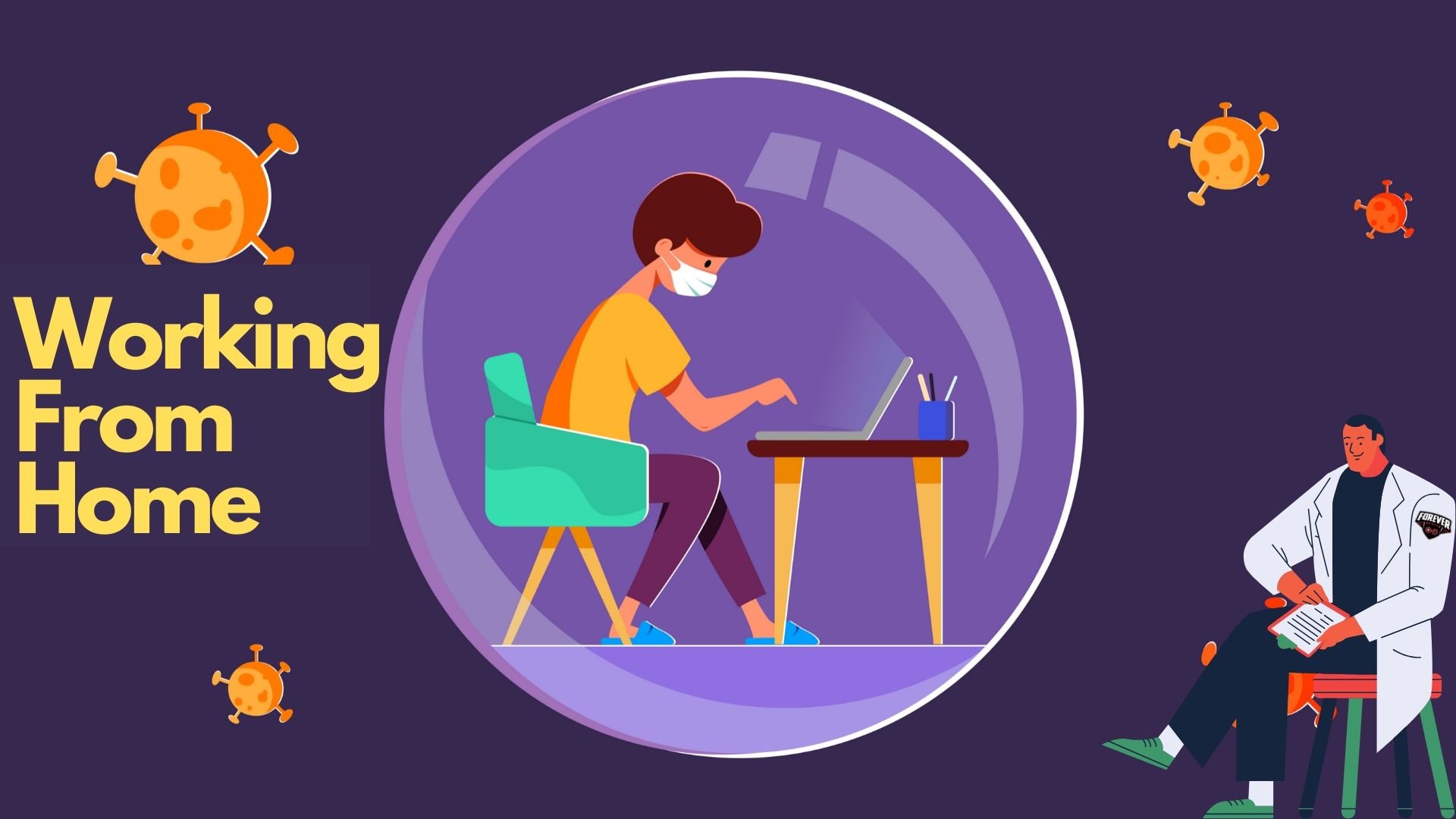Leaderboard
-
in Articles
- All areas
- Files
- Blog Entries
- Blog Comments
- Images
- Image Comments
- Albums
- Album Comments
- Tournaments
- Tournament Comments
- Articles
- Article Comments
- Suggestions
- Suggestion Comments
- Features
- Releases
- Release Comments
- Guides
- Guide Comments
- Guide Reviews
- Patch Notes
- Patch Note Comments
- Patch Note Reviews
- Records
- Record Comments
- Record Reviews
- Medals
- Medal Comments
- Medal Reviews
- Records
- Record Comments
- Raffles
- Raffle Comments
- Raffle Reviews
- Quizzes
- Quiz Comments
- Quiz Reviews
- Videos
- Comments
- Review
- Events
- Event Comments
- Event Reviews
- Topics
- Posts
-
Custom Date
-
All time
August 25 2013 - February 27 2026
-
Year
February 27 2025 - February 27 2026
-
Month
January 27 2026 - February 27 2026
-
Week
February 20 2026 - February 27 2026
-
Today
February 27 2026
-
Custom Date
03/26/2020 - 03/26/2020
-
All time
Popular Content
Showing content with the highest reputation on 03/26/2020 in Articles
-

COVID 19 - Working From Home
Middle Class Caveman and one other reacted to tronic44 for an article
As many of us are currently working from home, i thought it would be benifical to go through some suggestions that might make your life a bit easier, more comfortable and better for your health in general. 1. Get dressed For some people, the prospect of staying in their pyjamas all day is the most tantalising aspect of working from home. But washing and getting dressed will not only improve your state of mind, it will psychologically prepare you to start work. Whether you need to change into business attire depends on the type of person you are and the nature of the job you have. Some people find that dressing formally is helpful, and also useful if they need to dial into a video call. But for many others, the point of getting dressed is being forced to shower and change out of clothes they associate with sleep and rest, even if that means just changing into a T-shirt and jeans. Wearing respectable clothes also increases motivation to leave the house. Likewise, changing out of work clothes when you clock off for the day helps your brain to understand that the working day is over. 2. Establish boundaries If you're employed by a company, you'll probably have set hours of work, and it's important to stick to these when you're working from home. Be ready to start your day at the same time as you would normally arrive in your office or workplace, and finish your day at the same time. Em Sheldon, a blogger and freelance writer, says she sticks to a routine while working from home. She advises "going to bed at a reasonable hour so that you get enough sleep and then wake up at your usual time. "I also find things like booking in a workout or getting my gym kit ready means I have to get up and go," she says. "Once you do something over and over, it becomes a habit, so the first week may be challenging but eventually it becomes part of your routine." At the end of a working day, it's best to switch off your computer and tidy away papers and other items. Space allowing, set aside a specific, separate area in your home where you can set yourself up - ideally with a properly adjusted desk and chair, similar to your workplace. The NHS advice is that you should adjust your chair so you can use the keyboard with your wrists and forearms straight and level with the floor. If there are other people in the house, finding a space where you're not likely to be disturbed is essential, as Prof Robert Kelly found out the hard way in 2017. He was being interviewed live by BBC News when his two children burst into the room, creating a now infamous video, which has been viewed more than 30 million times. It's also important to not "overcompensate" because you're anxious about working from home, says Ross Robinson, who manages a team of freelancers at his Ignata Consulting firm. "Many people tend to over communicate when working from home - either wanting to 'be seen', or overcompensating to ensure people know what they are up to. That's fine - but don't go over the top. You know if you're on task and being productive - keep yourself in check." 3. Get out and about (if you're not self-isolating) Working from home shouldn't mean you stay cooped up indoors all day. While you might not miss your daily commute, it does guarantee that you leave the house at least once during the day. So get your shoes on, get outside and enjoy that fresh air. A different perspective will also help undo mental blocks and give you a fresh pair of eyes for any tasks you're struggling with. Matthew Knight, founder of Leapers, a group that supports self-employed people and freelancers, says getting outside first thing helps him feel like it's time to work. "There's a mental angle for each individual that makes you feel like you're working," he says. "I will leave the house and walk around the block and feel like right now I am at work. Find ways of putting in those boundaries otherwise it becomes difficult to switch off." If you can't go outside, you could even bring the atmosphere of the office to you. "I like bustle and being around people, so I use sound to help make a bit of an atmosphere," says Gillian Roche-Saunders, whose entire regulatory consultancy firm Adempi Associates work remotely. She uses an app that plays background sounds such as a train moving along tracks, or the chatter of a coffee shop. 4. Pick up the phone If you're working from home, the chances are you'll be alone, so you won't get distracted by colleagues' conversations and other office noise. When you're at work, you're more likely to engage with colleagues but when you're working from home, you could spend the whole day without speaking to anyone which can be isolating. Make some time to pick up the phone and have a real conversation, rather than relying on email and instant messaging. "More and more people hide behind email rather than pick up the phone and talk to colleagues and contacts," says Hugo Mortimer-Harvey, who's worked remotely from Spain as a freelance PR consultant since 2018. "When you spend the day working on your own, actually calling people and having a conversation can be much more stimulating and indeed productive than a chain of emails." Jack Evans is lead business psychologist at workplace wellness consultancy Robertson Cooper, which is planning to have all its staff temporarily work from home. Their plan is to speak to each other for 30 minutes every day via video conferencing. "At about lunchtime we will just chat over video message about nothing in particular. It's to make sure people don't just turn into work monkeys. We will maintain conversation about work but it's also about not losing that social connection, which is much easier to get in person." 5. Take regular breaks It's good to have a routine when you're working from home, but work shouldn't become monotonous. And you shouldn't stay glued to your screen all day. It's important to take regular screen breaks and get up from your desk and move around just as you would in an office. Research has also found that short breaks throughout the day are more beneficial than less frequent, longer breaks. Many home workers recommend the Pomodoro Technique, a method of time management which breaks your working day into 25 minute chunks. Each chunk is followed by a five minute break. Ellie Wilson is co-founder of virtual assistant service, Virtalent, and has a team of more than 50 remote workers. "It's important to stand up, stretch, move around and even go for a short walk to take a break from your work and your screen," she says. "Being cooped up without stopping for a break can mean your productivity levels drop, you become more tired and less motivated to complete what you're working on." https://www.bbc.co.uk/news/business-51868894 6. Workstation adjustment and efficient working posture2 points -

COVID 19 - Advice For Everyone
Middle Class Caveman and one other reacted to tronic44 for an article
Advice for everyone - Coronavirus (COVID-19) Stay at home to stop coronavirus spreading Everyone must stay at home to help stop the spread of coronavirus. You should only leave the house for 1 of 4 reasons: shopping for basic necessities, for example food and medicine, which must be as infrequent as possible one form of exercise a day, for example a run, walk, or cycle – alone or with members of your household any medical need, or to provide care or to help a vulnerable person travelling to and from work, but only where this absolutely cannot be done from home Important These 4 reasons are exceptions – even when doing these activities, you should be minimising time spent outside of the home and ensuring you are 2 metres apart from anyone outside of your household. There is separate advice about: staying at home if you're at high risk of getting seriously ill from coronavirus staying at home if you or someone you live with has symptoms of coronavirus How to stop infection spreading There are things you can do to help reduce the risk of you and anyone you live with getting ill with coronavirus. Do - wash your hands with soap and water often – do this for at least 20 seconds - use hand sanitiser gel if soap and water are not available - wash your hands as soon as you get back home - cover your mouth and nose with a tissue or your sleeve (not your hands) when you cough or sneeze - put used tissues in the bin immediately and wash your hands afterwards Don't - do not touch your eyes, nose or mouth if your hands are not clean Looking after your health and wellbeing To help yourself stay well while you're at home: stay in touch with family and friends over the phone or on social media try to keep yourself busy – you could try activities like cooking, reading, online learning and watching films do light exercise at home, or outside once a day For more advice, see: Every Mind Matters: 10 tips to help if you are worried about coronavirus Every Mind Matters: how to look after your mental wellbeing while staying at home strength and flex exercises you can do at home What to do if you need medical help If you need medical help for any reason, do not go to places like a GP surgery, pharmacy or hospital. If you have symptoms of coronavirus (a high temperature or a new, continuous cough), use the 111 coronavirus service. If you need help or advice not related to coronavirus: for health information and advice, use the NHS website or your GP surgery website for urgent medical help, use the NHS 111 online service – only call 111 if you're unable to get help online for life-threatening emergencies, call 999 for an ambulance Stay safe everyone!2 points


